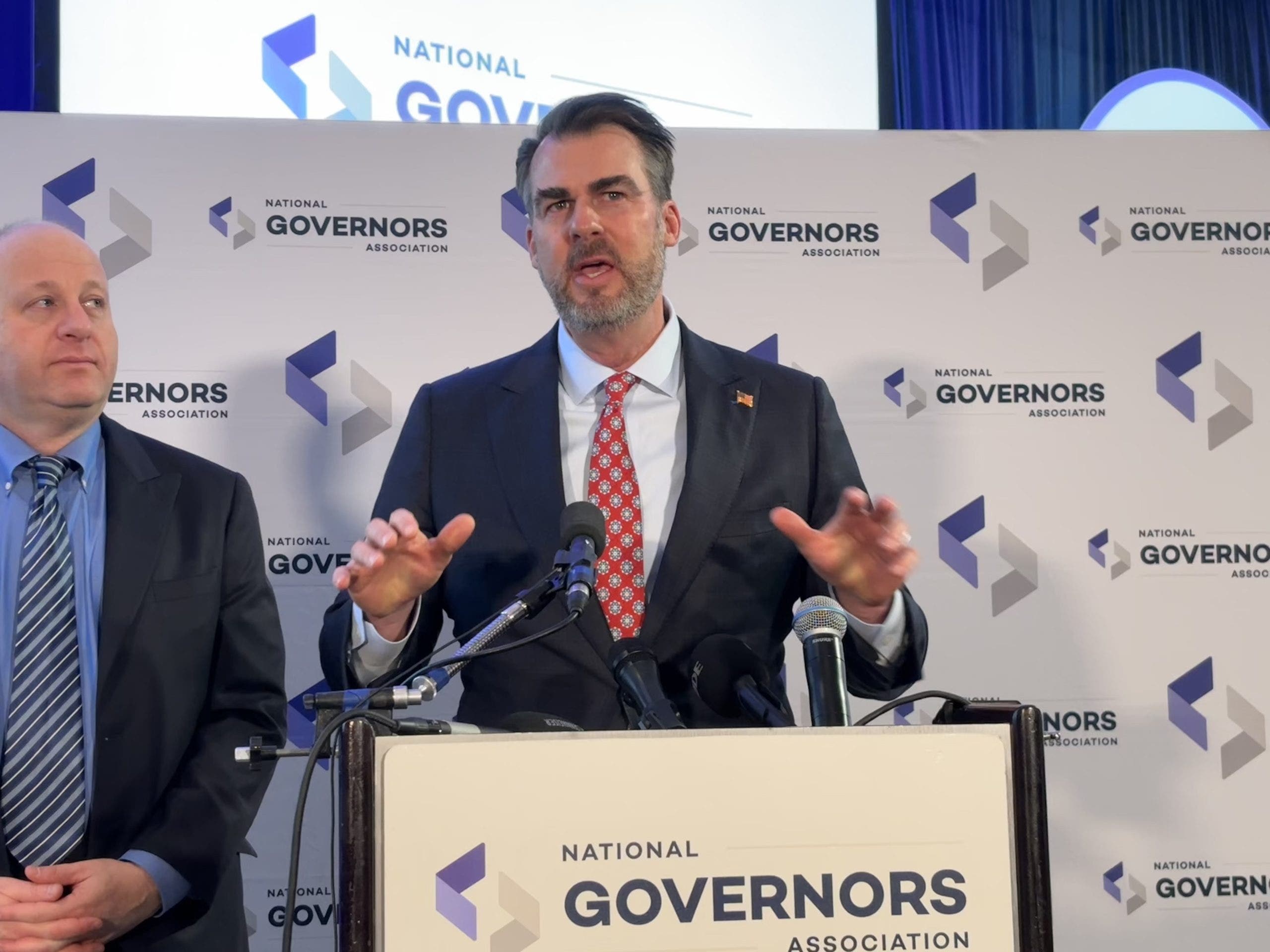The Regional Inter-Agency Coordination Platform for Refugees and Migrants from Venezuela (R4V), co-led by the International Organization for Migration (IOM) and the Office of the UN High Commissioner for Refugees (UNHCR) announced the 2025-2026 regional response plan to support over 2.3 million vulnerable individuals, including host communities, in 17 countries.
“The integration of refugees and migrants is crucial for building inclusive and resilient societies,” said Eduardo Stein, UNHCR-IOM Joint Special Representative for Refugees and Migrants from Venezuela.
“When migrants and refugees are empowered to contribute fully to their communities, they enrich the social fabric while driving economic growth and innovation. By ensuring access to essential services, like labour markets and social networks, we create a win-win situation for refugees, migrants, and host communities.”
Since 2019, more than 4.5 million Venezuelan migrants and refugees have obtained regular status in 17 countries thanks to the proactive measures taken by host governments and support from the international community.
This regularization has enabled many to access documentation and protection, while also boosting local economies and fostering stability.
Challenges remain
Despite strides in regularization and support, many refugees and migrants continue to suffer with few job opportunities, substandard wages, and barriers to healthcare, education and essential services.
Among the 6.7 million Venezuelans residing in the region, 82 per cent are in informal jobs, 42 per cent cannot afford enough food and 23 per cent live in overcrowded conditions.
Migrants and refugees of other nationalities in transit across the region face even greater challenges, with up to 90 per cent lacking access to food, shelter and protection.
A call for solidarity
The newly launched regional response plan emphasises the need for sustained financial and political commitment from the international community.
“By securing this funding, life-saving assistance and long-term initiatives will be implemented that foster successful stabilization and socioeconomic integration while addressing discrimination and improving access to documentation, health care, education, and decent employment,” UNHCR and IOM said.
The plan will be implemented by 230 partner organizations, including UN agencies, non-governmental organizations (NGOs), civil society groups and the Red Cross.





